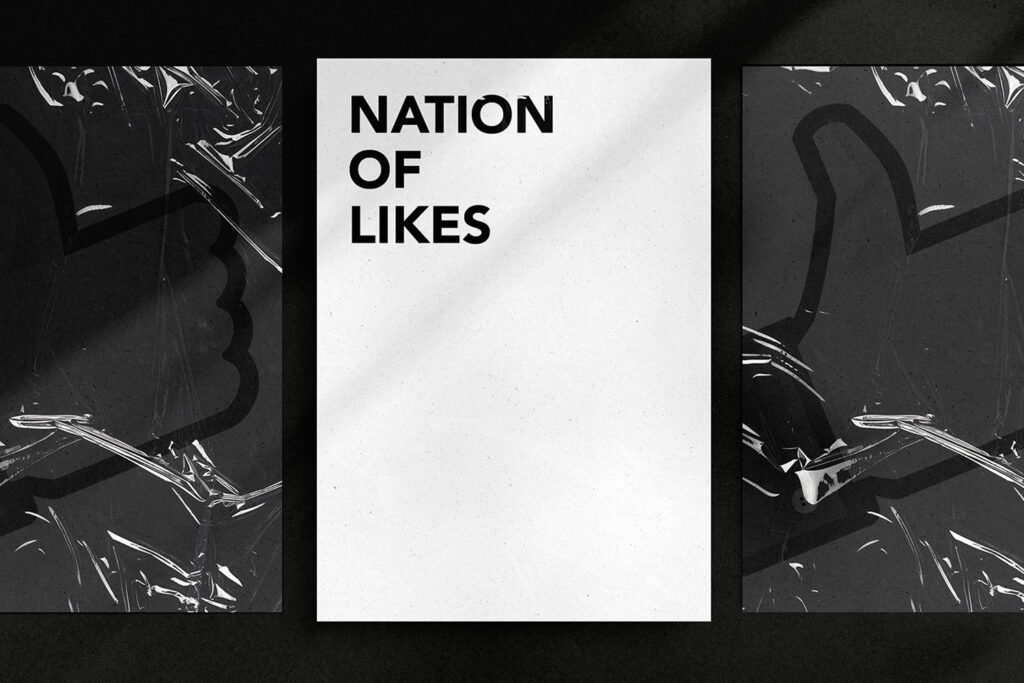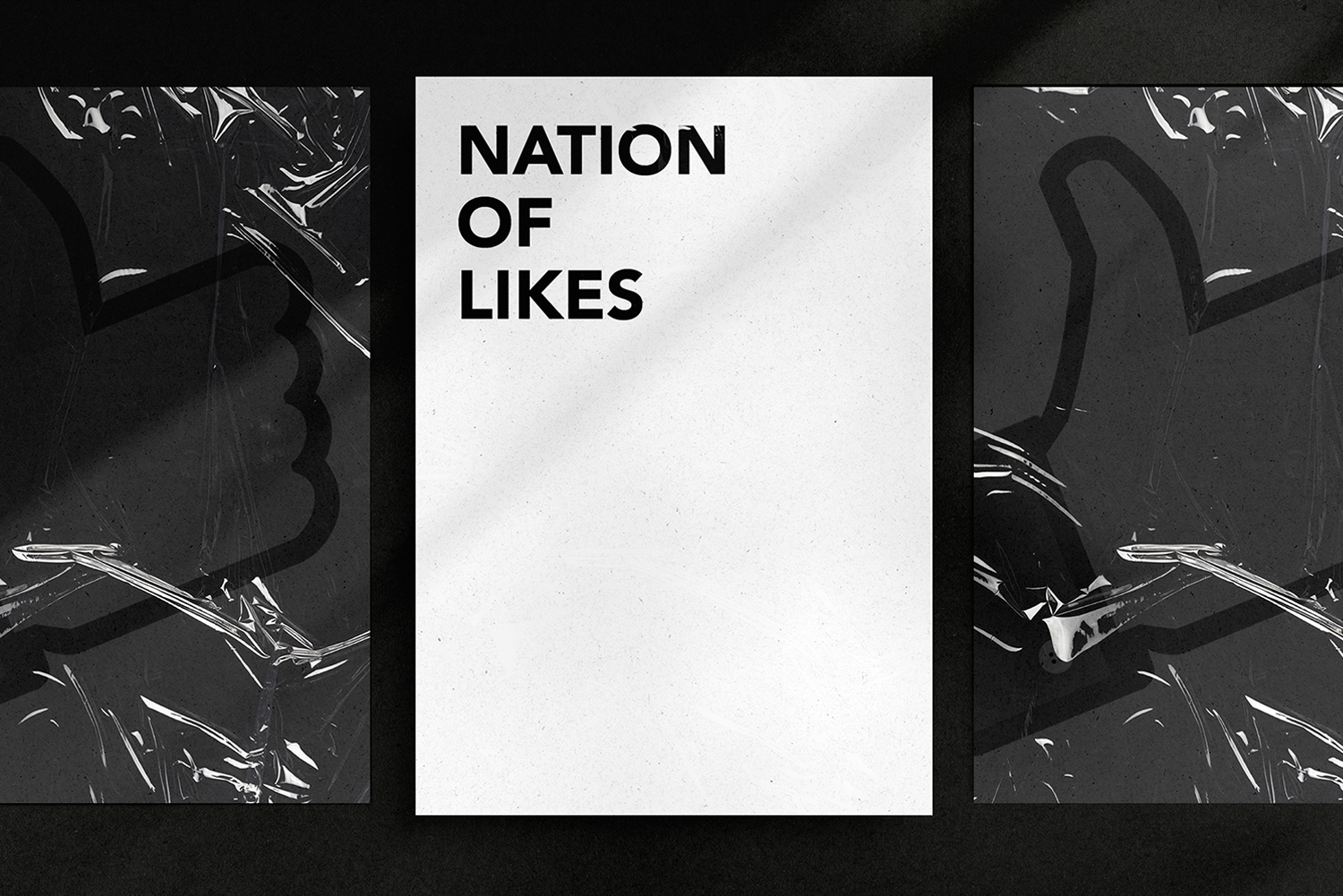
Like, share and subscribe is the household term nowadays. These are some small gestures, some small buttons over a screen by which we communicate that we support one’s action, the way one is, or far better, how one behaves. Since the advent of media that proclaims itself as social, these small buttons have created a big divide among us, longer than the wall of China, and subdivide us, the humans, into numbers and data.
After spending years using the social platform and creating content for these platforms, I have concluded that what we have built so far is none but a beautiful way of deceiving people. To make people believe something fabricated by a bunch of other people sitting in their air-conditioned rooms and soft chairs, what they do not in the first place. Well, we all know this is cruel, right? And the best part is that sometimes, the person creating content does not believe in the product itself.
Like is not just an endorsement as it encourages people to do more and more even if the thing is toxic or dangerous, just for the sake of some attention. Why do humans crave attention in the first place, and why it’s so important? Is it human nature to seek attention, or has it become a veiled disease?
In my opinion, the root cause is not only a cultural phenomenon but a philosophical and existential question that arrived after the dawn of the enlightenment, the promises of modernity, and the needlessness of a supreme being in the world. For more than 2000 years, humans have been a creation of a supreme being, which defined them, and as men of God, they had a definition. When some humans decided, just like a campaign we do in the contemporary world, in their rooms thinking about everything as they understood by their limited capacity to understand God, they thought they were better off leaving Him aside.
This departure from God not only parted us from a supreme being but cost us the very definition of ourselves, being human, our purpose, capabilities, morality, and whatnot. From the man of God to the statement of subjective truths. We have created a plethora of perspectives for ourselves, a buffet of definitions, and countless hashtags. Only to describe us, humans, while also making other people agree with what we, a bunch of people, think how the world should be.
Nowadays, the number of humans present in this world is close to the definitions and identities we can call ourselves. When there is no objective understanding of GOD, we will have a subjective description of everything. This ambiguity has created a culture of subjectivity, giving fire to the world of consumerism. We did not fully understand the consequences it had before social media as soon as the people of the earth, the subjective masses, got the power to bombard their beliefs, ideas, and perspectives on the global scale. It not only reached the extremes of both sides but also shifted and fused ideas, which should be irrelevant, and created anarchy on an intellectual level. Like button caused this on a massive scale.
This phenomenon has created The Nation of Likes, where an individual will do anything to get some portion of attention from a total stranger and feels good about it. It has caused us to create a relationship between some digital signals and humans, these individuals are more interested in getting likes, and for that, they are willing to do almost anything in the world in the name of uniqueness and to get attention for some time. Then they will create more and more content to please that audience that is a total stranger to them. When I think about that, I have this question, why? Can we be better at something more productive and fascinating? I am not targeting those individuals who are doing something meaningful. Meaningful, in the sense that they are providing content helpful for someone in need.
The Like has not only shaped the contemporary narrative in the name of opinions but has also created a divide among humans. What gets more likes will eventually become a trend in modern media which, by the way, has no moral obligations. These are just opinions of some individuals having similar thought processes regarding their own subjective identity as these Likes reshape a narrative present in the society, a society going smoothly without needing any unique thought to alter its effectiveness. But these likes spread like wildfire. Changing the narrative, either by deliberately injecting a subjective identity or by naïve minds thinking they are doing something unique to get some Likes. In reality, their subjectivity collectively creates an objective value previously not needed in society. And the new idea is seen as objective, desired but not the need.
The psychological effect of these modern trends on minors is on another level creating a void, or I should say an intellectual emptiness for future generations, where we will experience shallow actions instead of depth. We have created for us, like always, a thought that humanity as a whole is making progress through technological advancement. In reality, we are creating the synthetic meaning of ourselves and deliberately killing the objective or visible reality in search of subjective truth that results in beautified existential chaos.
Criticism is necessary, but it is a halfway process. What we have created has the solution itself. To revert to the time from when we have dissected our definition and put that what was there and then look at the modern world in a more balanced way keeping our technological advancement intact.
I’ll write more.
Ali.

